Escitalopram is an antidepressant belonging to the SSRI class. It works by increasing serotonin levels in the brain through inhibition of its reuptake, which helps improve mood, relieve depression, and reduce anxiety. The effect develops gradually, as neurons adjust their receptor levels over several weeks.
Formula (Active Ingredient)
-
Escitalopram
Uses:
-
Management of major depressive disorder.
-
Treatment of generalized anxiety disorder.
-
Helpful in panic disorder.
-
Reduction of nervousness, irritability, and tension.
-
Support in improving sleep quality and concentration.
-
May assist with impulse-control behaviors such as binge eating or gambling (under clinical supervision).
Precautions
-
Use only under medical supervision and as prescribed.
-
Inform your doctor of history of epilepsy, seizures, mania, glaucoma, bleeding tendencies, or metabolic disorders.
-
Caution in patients with liver or kidney impairment.
-
Avoid abrupt withdrawal; dose tapering is necessary.
-
Not intended for children without specialist guidance.
Possible Side Effects
-
Dry mouth.
-
Blurred vision.
-
Dizziness or lightheadedness.
-
Constipation.
-
Tiredness or difficulty sleeping.
-
Increased appetite.
-
Mood swings or irritability.
-
Rare: confusion, seizures, allergic reactions.
Contraindications / When Not to Use
-
Known allergy to Escitalopram or inactive components.
-
Concurrent use with MAO inhibitors (risk of serotonin syndrome).
-
Uncontrolled low blood pressure (hypotension).
-
History of angle-closure glaucoma.
-
Recent stroke, brain injury, or significant head trauma.
-
Pregnancy and breastfeeding without risk-benefit assessment.
Drug Interactions
-
MAO inhibitors – risk of serotonin syndrome.
-
Other antidepressants (SSRIs, SNRIs) – increased risk of serotonin syndrome.
-
Anticoagulants/antiplatelet agents – increased bleeding risk.
-
NSAIDs – higher risk of gastrointestinal bleeding.
-
Lithium or Tramadol – elevated serotonin syndrome risk.
-
CYP3A4 and CYP2C19 inhibitors (e.g., ketoconazole, omeprazole) – may increase escitalopram levels.
-
Alcohol – enhances sedative effects.
-
St. John’s Wort – reduces effectiveness and increases serotonin syndrome risk.
Food Interactions
-
Alcohol should be avoided or strictly limited due to increased drowsiness, dizziness, and impaired concentration.
Storage & Disposal
-
Store at room temperature, away from direct light, heat, and moisture.
-
Keep in original packaging, out of reach of children.
-
Do not store in bathrooms.
-
Do not flush; dispose of safely as advised by pharmacist or local waste services.

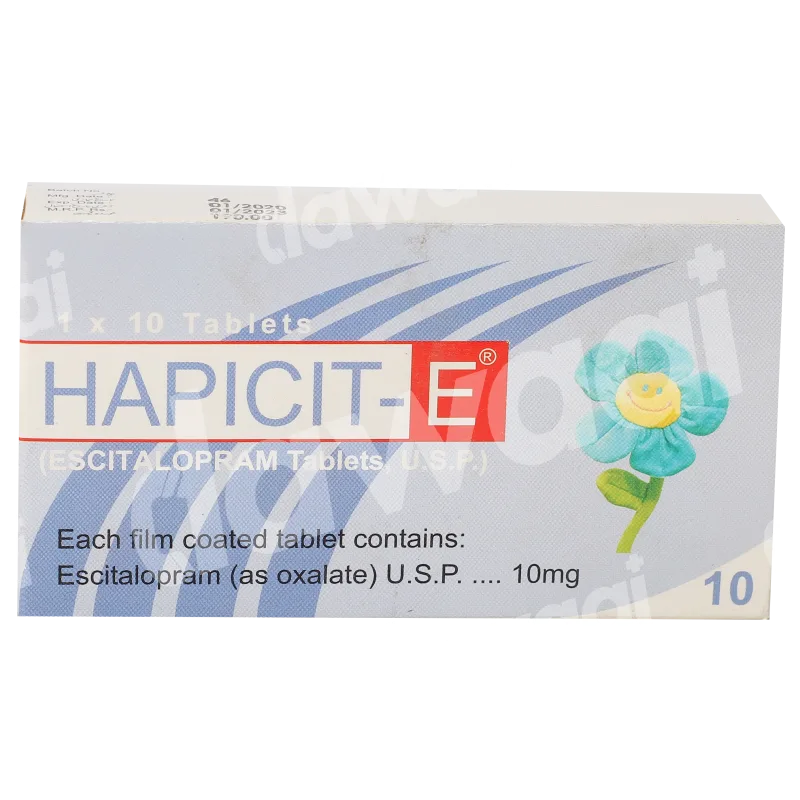
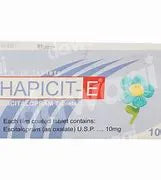


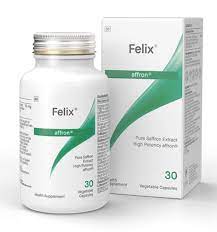

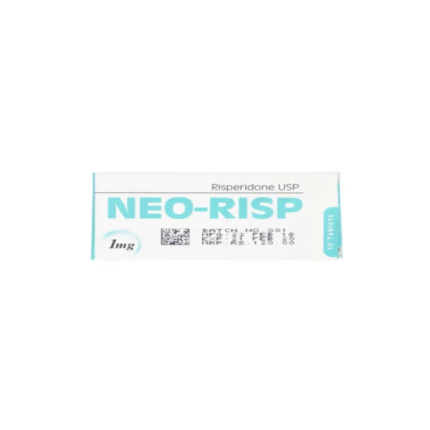
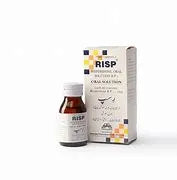
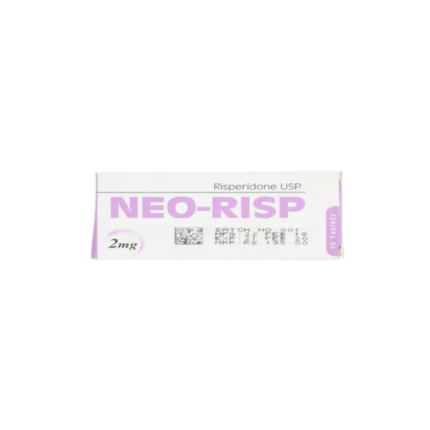
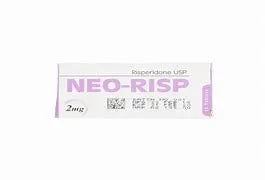
Reviews
There are no reviews yet.